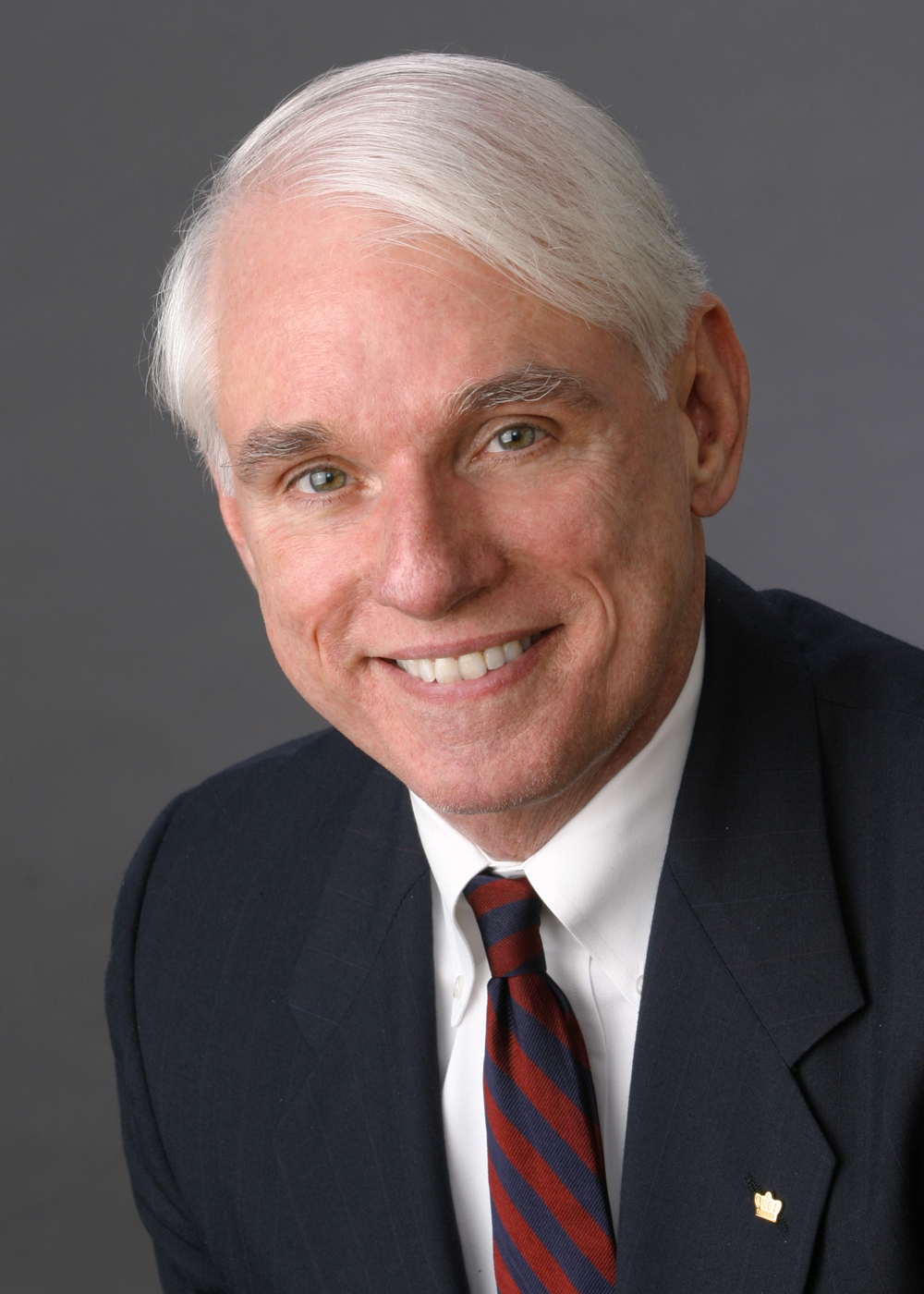
GAINESVILLE, Ga. (BP)–Debt is something that we owe to someone else. God’s Word doesn’t say we can’t borrow, but it does warn us against excessive debt, and that’s called surety. Surety is the condition of being in debt without having a sure way to repay.
The way to guarantee that you will be able to repay a debt is if you use collateral. When you borrow money from a financial institution you are required to sign over something of value as collateral that will cover the balance owed in case of default.
Unfortunately, most debt in America is surety –- with inadequate collateral to satisfy the loan agreement. Debt is not the same thing as credit. Having credit means that, as a borrower, you have established a mutual trust with a lender. However, undisciplined and excessive use of credit can quickly lead to debt.
Today, regrettably, almost anyone qualifies for a credit card, even though the limit may be minimal. The problem is that many people use a credit card as a never-ending supply of unseen money. Too often, people find something they want to buy and these plastic cards are pulled out as fast as an Old West gunslinger, as if they will magically produce cash — but they won’t.
Some estimates tell us that the average American household with at least one credit card has more than $9,000 in credit card debt. Sadly, most people are oblivious to the tremendous cost of excessive credit.
For example, if you wanted to stop using your credit card and pay off a $1,000 credit card debt making only the minimum monthly payment, it could take seven to eight years! That’s because, even though the principal is slightly reduced every month, the interest clock keeps ticking.
The pitch is appealing — “Easy monthly payments,” but easy for whom? According to the Federal Reserve, consumer debt in America as of January 2007 was $2.2 trillion, and $878.7 billion of that was revolving debt — most of it from credit cards. At simple interest on the average credit card rate of 12.4 percent, that means this year consumers could pay at least $85 billion in interest for credit card and other revolving debt.
IGNORING GOD’S WORD
Usually, families with financial problems only recognize the symptoms, such as unpaid bills; or the consequences of the symptoms, such as repossession of property. Seldom do they identify the real underlying cause of the problem. Most symptoms of financial problems that families face today can be traced to ignoring God’s financial principles as recorded in His Word.
“Now if you faithfully obey the LORD your God and are careful to follow all His commands I am giving you today, the LORD your God will put you far above all the nations of the earth.” (Deuteronomy 28:1).
God designed His financial principles so we could easily understand them. He intends to free His people from financial burdens, not bind them with unattainable rules.
In an 1865 address before the British House of Commons, Benjamin Disraeli said, “What we do and allow in moderation, our children will allow and do in excess.” That’s an accurate description of the primary cause of the downward financial spiral of many American families today.
So, what are some preventive measures to avoid debt?
The first is an obvious one — stop borrowing. “The wicked borrows and does not repay, but the righteous is gracious and giving” (Psalm 37:21). Borrowing isn’t God’s best for His people.
Next, start saving. “Precious treasure and oil are in the dwelling of the wise, but a foolish man consumes them” (Proverbs 21:20). Today, spending and borrowing are promoted, and saving is discouraged. God’s principles promote saving for future needs, not borrowing or using credit.
Then, avoid hasty decisions, and ignore the “buy now, before it’s too late” pitches. “The plans of the diligent certainly lead to profit, but anyone who is reckless only becomes poor” (Proverbs 21:5). One of the best disciplines parents can teach their children is to work and save to reach a goal.
While these are simple steps, often excessive indebtedness makes life difficult. That’s why it’s so important to develop and live by a budget — a financial plan. “Poverty and disgrace [come to] those who ignore instruction, but the one who accepts rebuke will be honored” (Proverbs 13:18).
Christian families that live by sound biblical financial principles will demonstrate financial freedom for their children and help them grow up with the knowledge of how they should live by God’s principles.
With consistent teaching and discipline it could take less than a generation to break the financial bondage under which so many Christians live. And, it would free them to fund the work of the Lord. After all, that’s what Jesus is talking about in Matthew 6:33. “Seek first the kingdom of God and His righteousness, and all these things will be provided for you.”
Remember, those mounting monthly payments aren’t as “easy” to make as they are alleged to be, and being debt free is God’s plan for His people. No one who is financially bound can be spiritually free.
–30–
Howard Dayton is co-founder of Crown Financial Ministries and the current host of Crown’s radio program, “Money Matters.” Dayton and the late Larry Burkett joined forces in 2000 when Crown Ministries, led by Dayton, merged with Christian Financial Concepts, led by Burkett. The new organization became Crown Financial Ministries, on the web at www.crown.org.
















